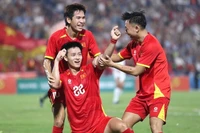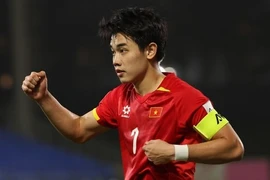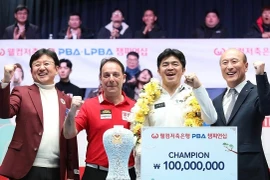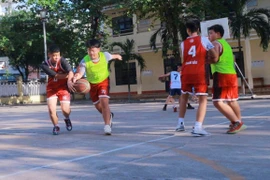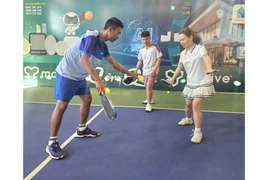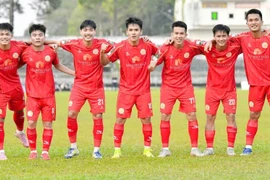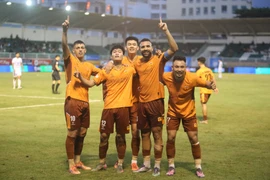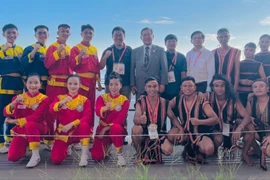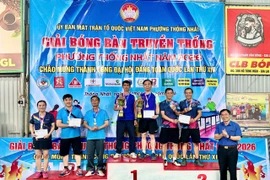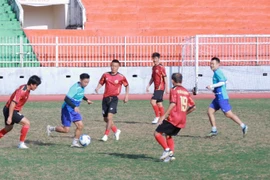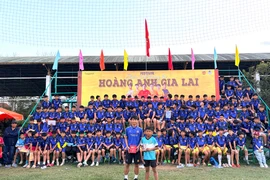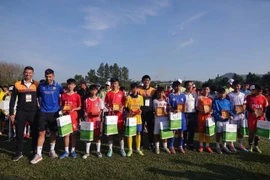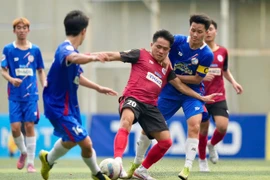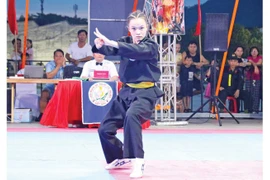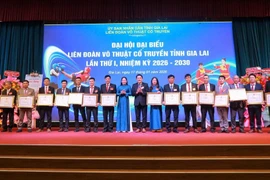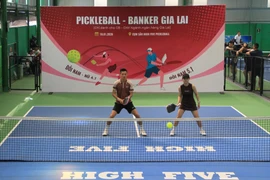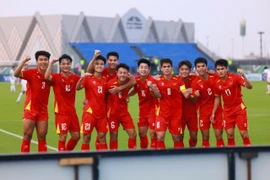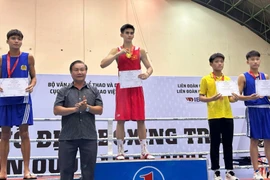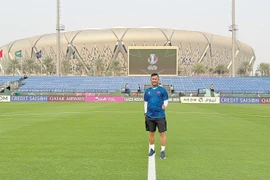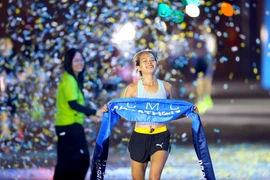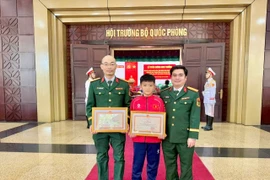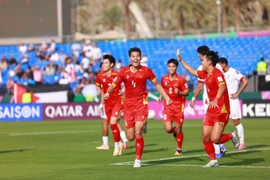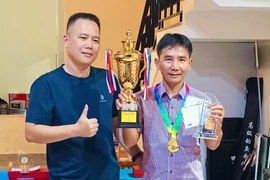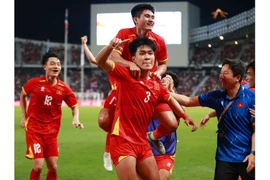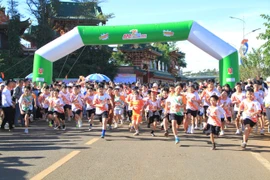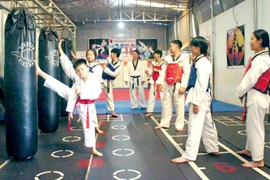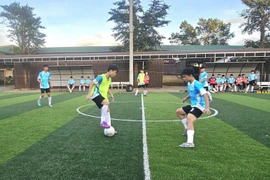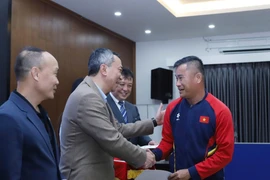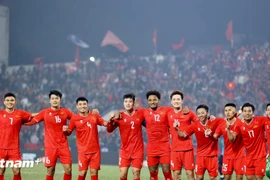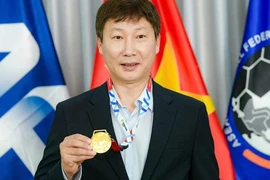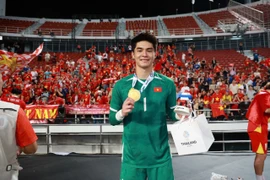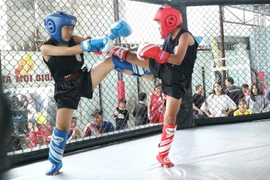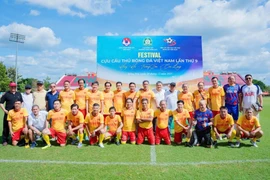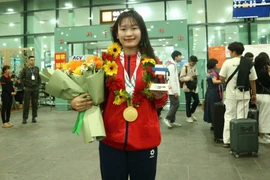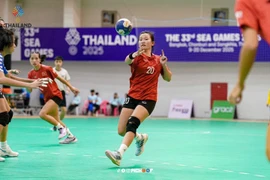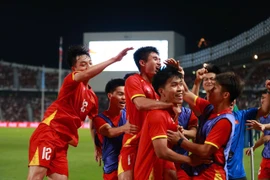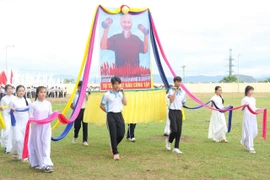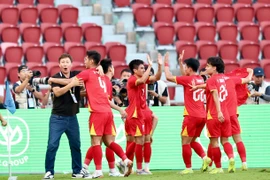On Tuesday at home ground Gelora Delta Stadium, Indonesia lost 0-1 to South Korea in the final round of Group J, failing to qualify for the 2026 U23 Asian Cup. Despite being on par with the opponent, defensive errors and an ineffective attack cost Indonesia the match.
The failure drew strong criticism from local media. CNN Indonesia wrote: "From nearly qualifying for the Olympics to missing out on the U23 Asian Cup."
Suara shared the same view, but with a heavier tone, describing Indonesia U23's journey over the past year as a "roller coaster": "From reaching the semifinals of the 2024 U23 Asian Cup to a disastrous decline in the 2026 qualifiers."
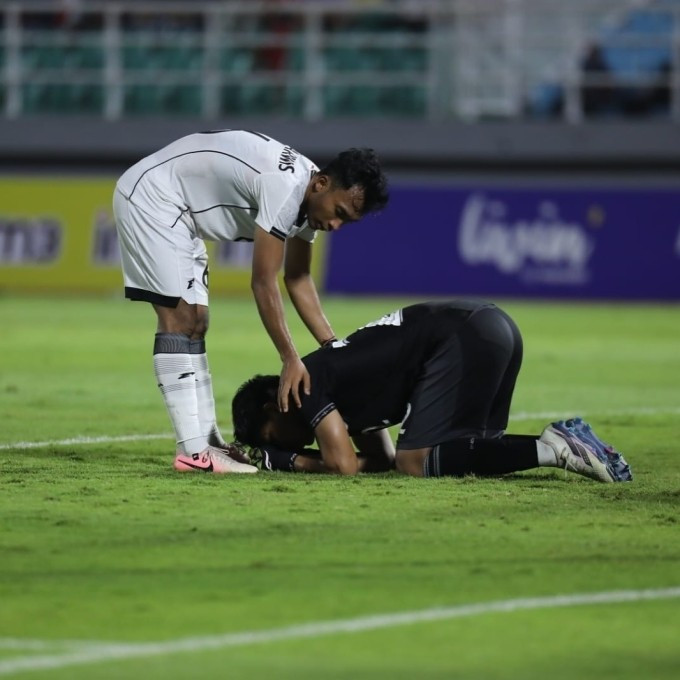
As hosts, Indonesia only defeated the group's weakest team, Macau, 5-0, and were held to a 0-0 draw against Laos in the opening match, leaving them at a disadvantage ahead of the decisive game against South Korea.
Sports outlet Bola highlighted three recurring issues in the defeat: the lack of concentration at the start, leading to a 6th-minute conceded goal, a stable first-half pace that fell apart in the second half with rushed attacks and a poor finishing record, with seven shots all missing the target.
Dutch coach Gerald Vanenburg suffered his second consecutive failure, following a loss to Vietnam in the 2025 ASEAN U23 Championship final.
"The team that were once the pride and hope now appeared disorganized and uninspiring," Bola wrote.
Despite the criticism, Football Association of Indonesia (PSSI) president Erick Thohir praised the team’s effort to experiment with multiple formations.
"We lost with honor," Thohir said, but added that a review of the result and preparations for the future is necessary.
Coach Vanenburg pointed to the young Indonesian players’ lack of stamina after the 60th minute and limited club playing time. He compared them with South Korea players, many of whom regularly compete in K-League 1, K-League 2 and reserve team matches.
The Dutch coach stressed the importance of organizing weekly competitive matches for young players.
"First, we need to focus on physicality. Second, they must play regularly at their clubs to be ready for tournaments like the U23 Asian qualifiers," he said.
Vanenburg also faced comparisons with his predecessor, Shin Tae-yong, who led Indonesia to fourth place at the 2024 U23 Asian Cup. He said Shin's team had advantages, with longer preparation and a more experienced, active player pool.
"It's hard to compare. The biggest difference is that we only had five days of training before the tournament," Vanenburg said.
Key players from Shin's team, such as Marselino Ferdinand, Rizky Ridho and Ernando Ari, later strengthened by Dutch talents Rafael Struick, Justin Hubner and Ivar Jenner, contrast with Vanenburg's squad, which lacked regular playing time at club level.
(Source: VnExpress International)

